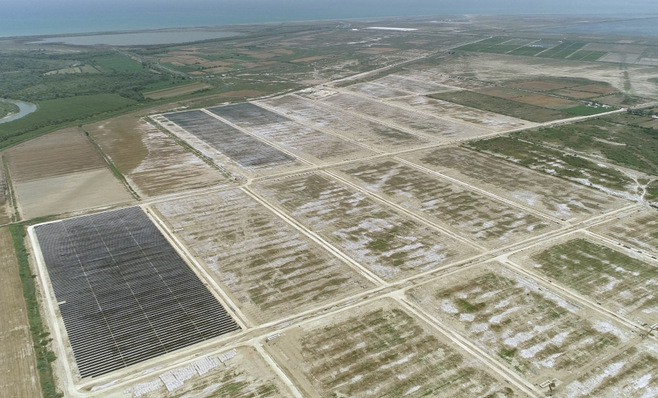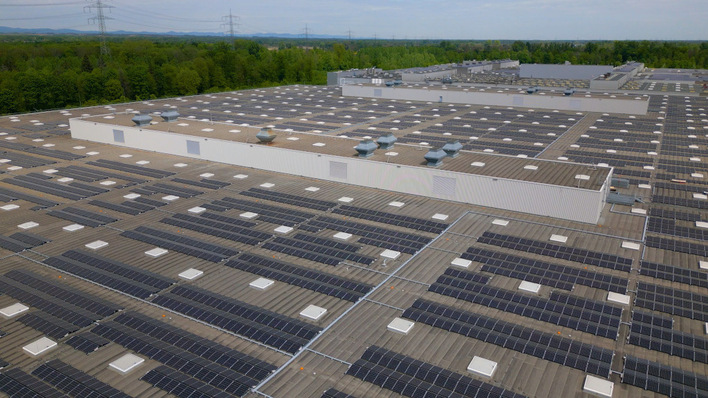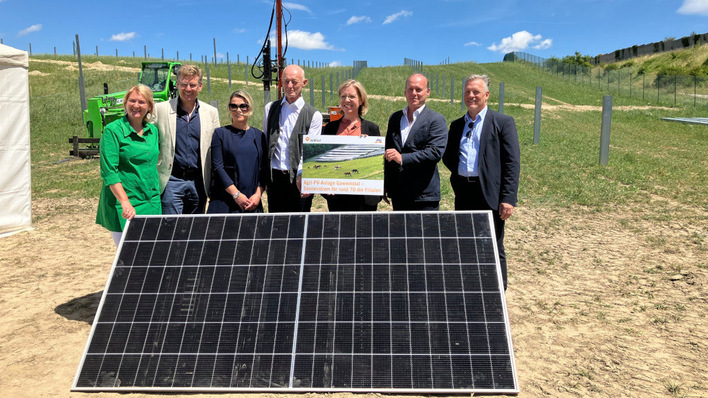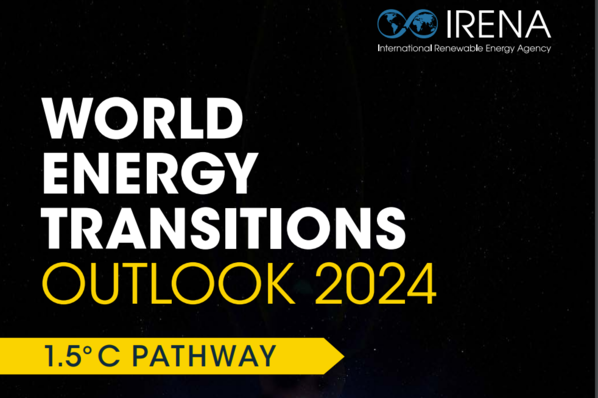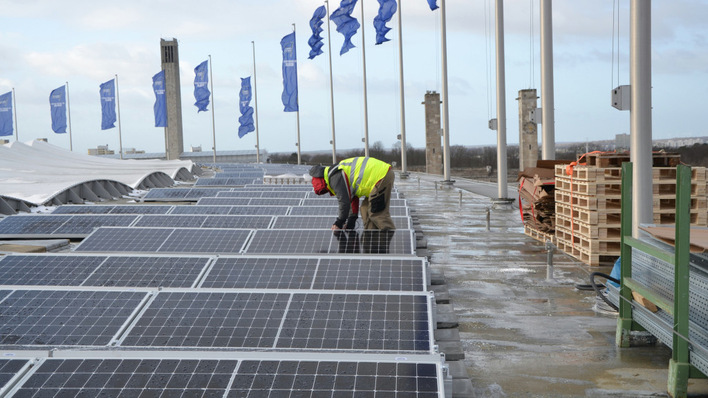Since 2016, the two founders of the Berlin-based company ecoligo, Martin Baart and Markus Schwaninger, have set themselves the ambitious goal of driving forward the global energy transition in order to limit the global temperature increase to below 2 degrees Celsius as quickly as possible.
Many emerging countries have more cost-effective location conditions for the switch to solar energy, but hardly any options for implementation. Added to this are the often enormously high electricity costs, which is why ecoligo has specialised in the realisation of solar projects in emerging countries. The company implements projects with universities, production facilities or hotels that want to switch to sustainable energy production. Started with the first solar plants in Ghana, ecoligo is now active in six different countries, including Costa Rica, Kenya, Thailand or Vietnam.
Solar energy in Vietnam - a lot of potential but with little implementation so far
Since spring 2020, ecoligo has been implementing solar projects in Vietnam - a country characterised by a stable political climate and rapid economic growth. Vietnam, the world's third-largest textile exporter, is experiencing enormous demand for solar energy, not only due to its more cost-effective climate with high levels of solar radiation, but still faces hurdles. Fashion brands like H&M and Nike, which produce in the Southeast Asian country, are insisting on a renewable energy purchase programme. This is partly due to increasing pressure from shareholders and consumers who are pushing companies to reduce emissions in their supply chains to meet their sustainability goals.
See also: Berlin’s first smart city quarter powered by Panasonic
A consortium of 29 brands, including the second-largest US retailer Target and Swiss sports brand Mammut, sent a letter to Vietnamese Prime Minister Nguyen Xuan Phuc in December 2020, aiming to introduce direct power purchase agreements (DPPAs) between private buyers and sellers of renewable energy. Until now, the national utility Electricity Vietnam (EVN) held a monopoly on the country's power grid. The letter follows earlier plans for such a system, which were not realised. The companies remain hopeful, as Vietnam has already sent a first positive signal with an attractive feed-in tariff for new solar plants.
Realising solar projects through ecoligo - this is how it works
Away from the national utility, however, the only option currently available to Vietnamese companies is to switch privately to renewable energy, for example by investing in rooftop solar systems. This approach, however, often means an insurmountable cost factor for local production companies.
The Berlin-based company ecoligo steps in at precisely this point and realises solar projects with local companies through a power purchase agreement model. Depending on demand, ecoligo plans the plants with local suppliers on site, takes care of installation and maintenance and refinances the project through private crowd investments. The local company pays a monthly electricity fee to ecoligo, which is more cost-effective than the very high local electricity prices, and thus finances its own plant over a term of between 15 and 20 years. In this way, ecoligo also generates annual returns for investors through green electricity generation, which range between 5 and 7.5 per cent, depending on the size of the project. German investors thus have the opportunity to profitably invest their money in sustainable electricity and participate in the global energy transition.
Since its launch in 2016, ecoligo has successfully implemented 43 solar projects and has another 30 in the pipeline, helping various companies to switch to clean energy. Among them are around 15 projects in Vietnam. (mfo)


